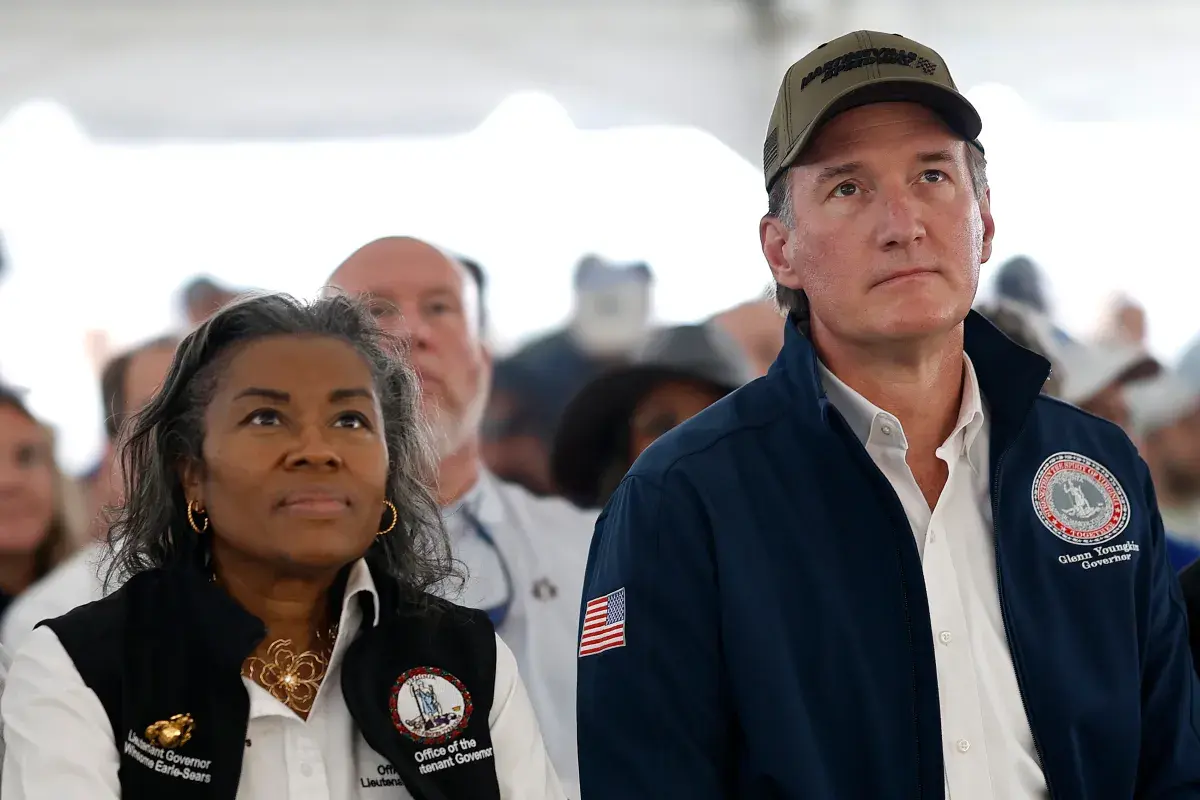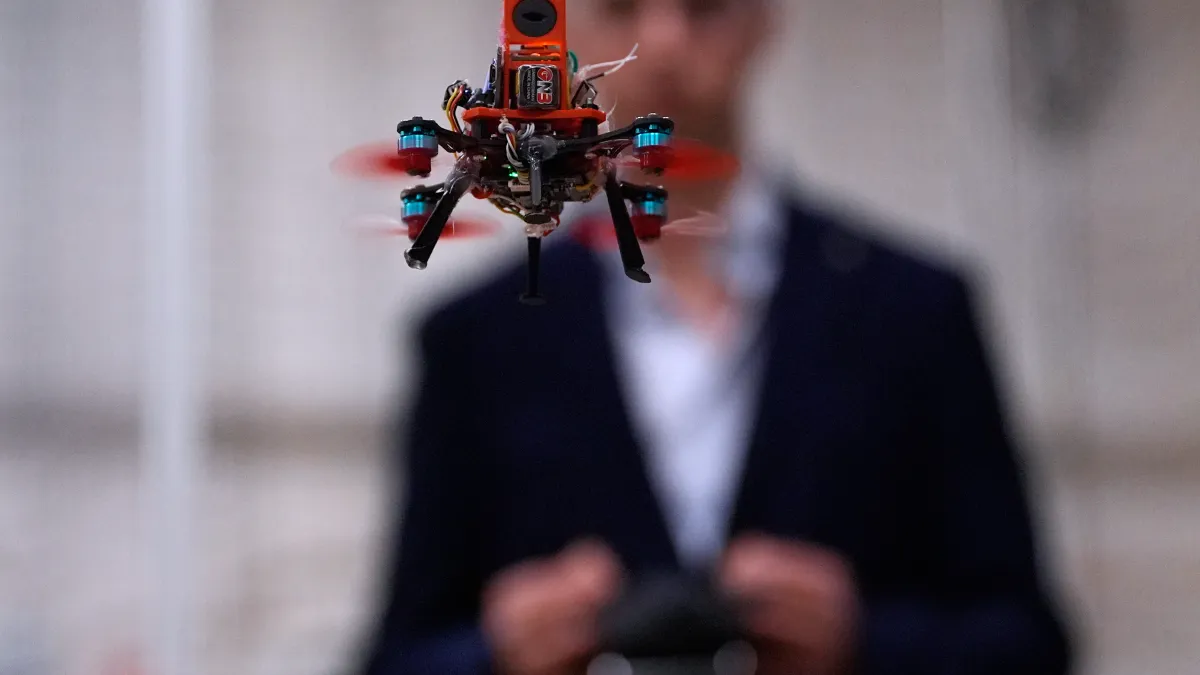Copyright Newsweek

Republican Governor Glenn Youngkin currently holds a 50 percent approval rating in the state of Virginia, which was carried by Democrats in the 2024 presidential election. Yet his popularity isn’t uplifting his chosen successor in this year’s gubernatorial race. Lieutenant Governor Winsome Earle-Sears, the Republican candidate, trails her opponent, Democratic former Representative Abigail Spanberger, by 10 points, according to October 30 polling by Roanoke College, which also assessed the approval of Youngkin. The 2025 election cycle is notable for two competitive gubernatorial races in Virginia and New Jersey, which serve as a first indicator of the popularity of the incumbent presidential administration. However, despite Virginia leaning more Republican than New Jersey, Spanberger maintains her clear polling lead, while the other race is neck and neck. While Earle-Sears has faced a few unique challenges to her campaign, including sluggish fundraising and missing out on President Donald Trump’s endorsement, she’s also fallen victim to her boss’s success in growing Virginia’s data center industry. “Citizens across the political spectrum are very concerned about how these high energy use data centers will negatively impact the built environment of Virginia—everything from consumer energy costs to water quality to noise pollution,” Mar Hicks, a professor at the University of Virginia School of Data Science, told Newsweek. “People are very concerned about the scale and speed of what's happening, and in Virginia, as well as other states, many communities have been vocal about wanting to slow it down until they get better answers.” Hicks said that data centers bring tax revenue to the state, but not that many long-term jobs. An NBC News report from last month identified data centers as a "sleeper issue" for voters in Virginia and New Jersey who are concerned about rising energy costs. A September Bloomberg analysis found that monthly electricity costs have increased by up to 267 percent over the past five years in areas with significant data center activity. Virginia happens to be the state with the most data centers, and Yongkin had played a leading role in that development. The Republican governor secured a $35 billion data center investment from Amazon Web Services, a $17 billion investment from EdgeCore Digital Infrastructure, and $9 billion investment from Google, along with other projects. In May, he vetoed a bill from the state legislature that would have introduced new requirements for local governments to follow when assessing data center land use applications. Spanberger has made cutting energy costs a focus of her campaign, committing to lowering prices by ensuring data centers pay their “fair share” of the cost of new electricity, while implementing a plan focused on meeting rising demands through working with localities on their specific needs. "Abigail believes Virginia needs a statewide strategy on data centers—not a statewide mandate, but a strategy that helps localities across every corner of Virginia make informed decisions about their best path forward," Libby Wiet, a spokesperson for Spanberger, told Newsweek in a statement. "When communities do choose to bring data centers, the state needs to make sure it is accounting for the water usage, grid transmission needs, and other resources to support them—and make sure that data centers are paying their fair share and not driving up energy costs for Virginia families." Meanwhile, Earle-Sears has ducked the issue. When asked about the topic during a debate with Spanberger, she blamed the Democratic Party’s clean energy policies for the increased costs. Newsweek’s request for comment on the issue went unreturned. Hicks said she found no evidence to support Earle-Sears’ claim. As the nation becomes increasingly reliant on artificial intelligence and other high-energy technologies, the demand for data centers is likely to continue growing. Whichever candidate wins the Virginia governorship will have to address the issue. At the moment, Hicks said the GOP has the most to gain and lose in this matter. “Many Republicans are betting big on Big Tech right now,” she said. “It's the new version of ‘trickle down economics.’”



